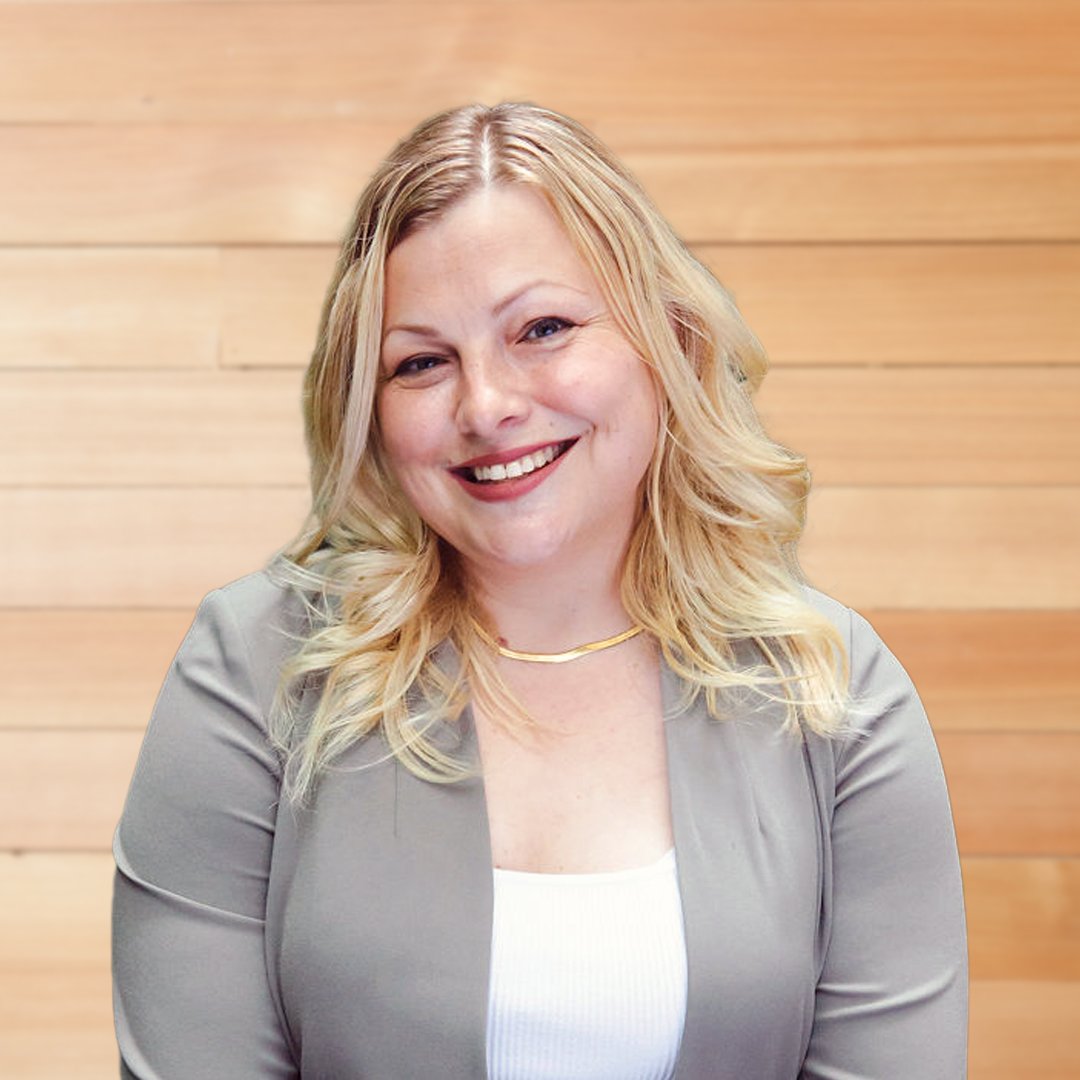Can Acupuncture Really Help Get You Pregnant?
The answer to this billion-dollar question? A growing body of research — and the lived experience of countless families — points to a resounding yes.
Acupuncture for fertility support has become increasingly popular, and for good reason. When you're trying to conceive, especially if you’re working with an allopathic fertility team, you might feel like you’re juggling a lot. This is where fertility acupuncture shines: as a supportive, holistic approach that can work in tandem with your medical care to help you optimize your reproductive health and feel more grounded in the process.
As a fertility-focused acupuncturist practicing at Qi Integrated Health in Vancouver’s Kitsilano neighbourhood, I often help patients uncover and address the root causes of their fertility struggles — especially in cases involving conditions like PCOS, unexplained infertility, or underdiagnosed endometriosis.
What Does the Research Say?
While acupuncture has been practiced for thousands of years, modern studies are finally catching up to validate what many patients have long known through experience.
One notable 2023 study published in Fertility and Sterility found that women undergoing IVF who received acupuncture had significantly higher clinical pregnancy and live birth rates compared to those who did not. You can read the full study here.
These results align with earlier studies and meta-analyses that show acupuncture’s ability to support reproductive health by improving blood flow to the uterus, reducing stress, regulating hormones, and promoting healthy ovulation and implantation.
How Acupuncture Supports Fertility
Fertility challenges don’t always stem from just one factor — which is why acupuncture is such a powerful ally. Treatments are personalized, working to restore overall balance while focusing on your specific needs.
Some common ways acupuncture supports fertility:
Regulating the menstrual cycle
Improving ovarian function and egg quality
Enhancing endometrial receptivity
Supporting healthy implantation
Balancing hormones (including thyroid and stress hormones)
Improving sperm quality and motility
Addressing underlying conditions like PCOS, endometriosis, or luteal phase defects
Reducing stress, anxiety, and cortisol levels that impact fertility
The Best Time to Start Acupuncture
Ideally, I like to begin working with patients 3–6 months before conception, giving us time to regulate your cycle, optimize egg (and sperm!) quality, support digestion, and reduce the physiological effects of stress.
If you're undergoing IUI or IVF, acupuncture can be timed around your medical treatments to improve outcomes — especially when scheduled:
During the follicular phase (days 5–8 of your cycle)
One day before or after ovulation
Around implantation (typically 6–10 days post-ovulation)
Like any meaningful health strategy, fertility acupuncture works best with regular, consistent treatment. Think of it as building a strong foundation for conception and pregnancy, rather than a quick fix.
What to Expect at Your First Visit
Your first session is all about creating a full picture of your health and fertility. We’ll look at:
Menstrual cycle regularity and ovulation
Energy, sleep, digestion, and stress
Lifestyle habits, diet, and movement
What’s working and what might need a little support
If you've already done bloodwork, ultrasounds, or hormone testing, I encourage you to bring your lab results to your appointment. I can help you interpret them or identify what might be worth exploring further. I also collaborate with your existing care team where appropriate — whether you’re seeing a reproductive endocrinologist, naturopath, or GP.
Start Tracking Your Fertility Now
Whether you’re just beginning your journey or already deep in the process, tracking your cycle is an essential part of understanding your fertility.
I recommend using Basal Body Temperature (BBT) and monitoring signs like cervical mucus. Apps like Kindara or Fertility Friend can be useful, but tuning into your body’s rhythms directly is even better. For a deeper understanding, I recommend the book Taking Charge of Your Fertility by Toni Weschler — which also includes downloadable charts.
For ovulation testing, look for brands like Clearblue, which are widely available in Canada and easy to integrate with your tracking routine.
Ready to Begin?
Fertility can feel overwhelming, but you don’t have to go it alone.
If you’re ready to get started, I’d love to support your journey. You can book your first Reproductive Acupuncture Treatment here.
Not quite ready to dive in? Let’s connect first. I offer a Complimentary Fertility Alignment Call so we can talk through your goals and see if we’re a good fit for working together.
Whether you’re just beginning to explore options or you’re already undergoing fertility treatment, acupuncture offers gentle, effective, and personalized support that meets you where you are.
Meet Karolina Kluska
Karolina is an Acupuncturist and TCM practitioner at Qi Integrated Health, specializing in fertility and women’s health. She supports you through every step of your journey — whether you’re regulating your cycle, preparing for IVF, or simply seeking balance. Karolina’s holistic care combines ancient wisdom with modern research, meeting you where you are and helping you move forward with confidence.



